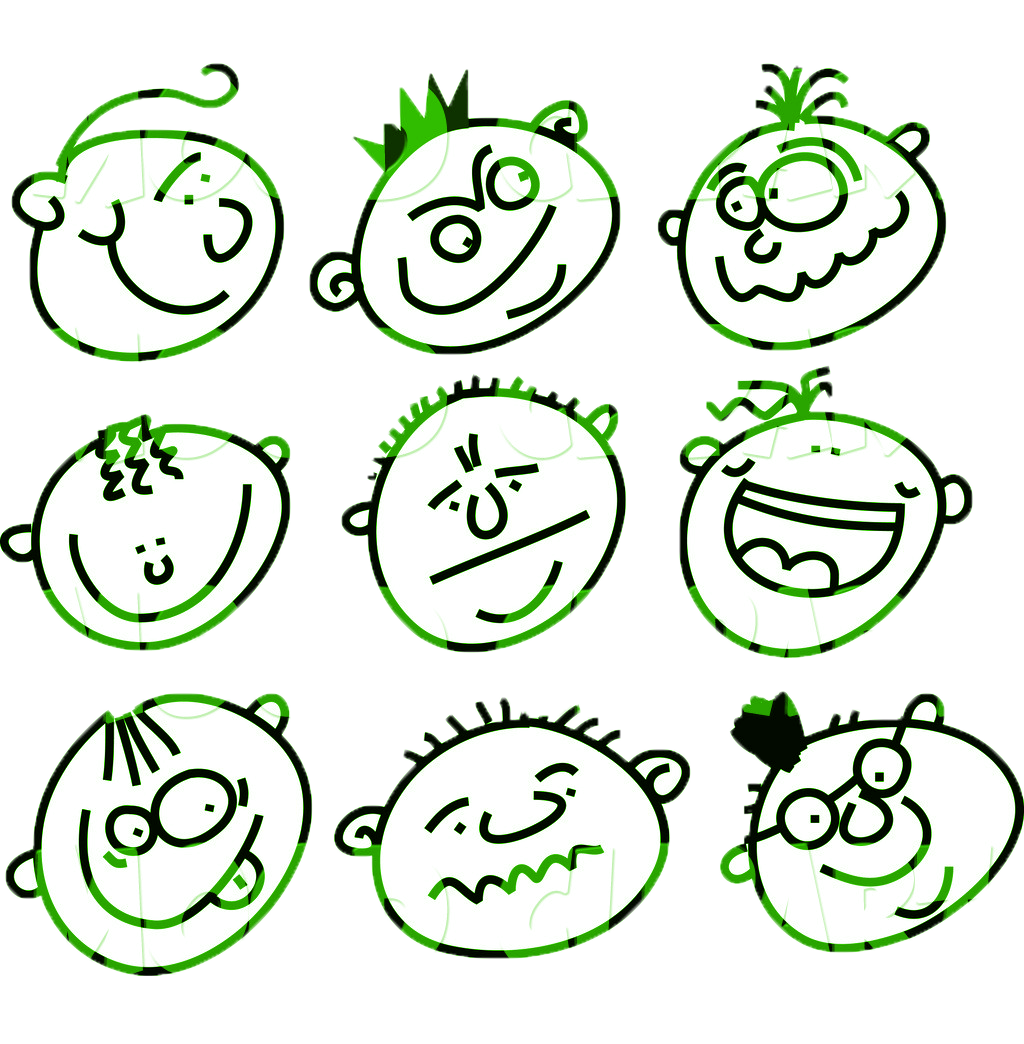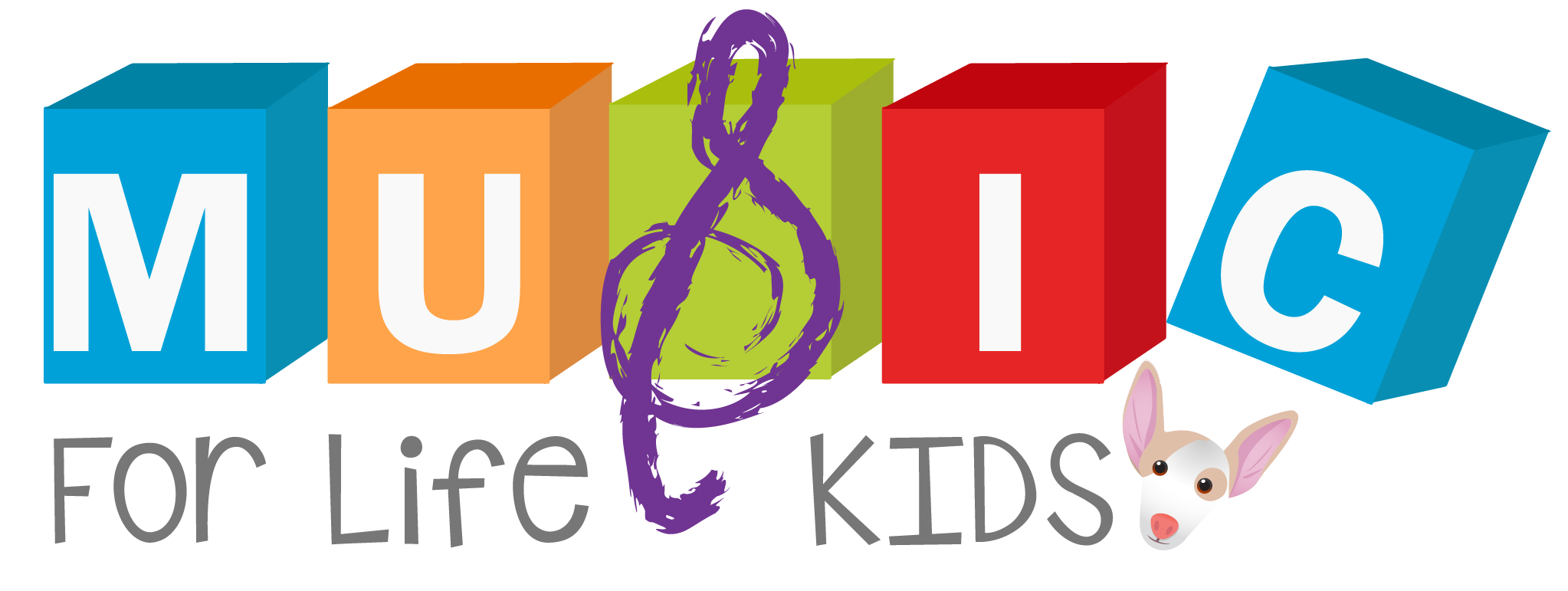Music is something every child and adult longs for. Our goal is to encourage this love of music and enhance it in a happy and patient but structured environment. Hard work and perseverance are important qualities when learning anything in life well. In addition to learning classical music, students will learn many life lessons; patience, sensitivity, discipline, appreciation and flexibility.
Make the most of classical music:
- Develop motor and rhythmic skills by having children invent their own instruments with classroom materials or recycled objects.
- Encourage students to organize small ensembles and perform for the rest of the class.
- Encourage class discussions.
- Invite children to hum and sing along with music to enhance language development skills.
- Teach children the pleasure of music through dance. Encourage students to express themselves physically by stomping, marching, swaying, jumping, or shaking.
The MusicForLife Kids strives:
- To create a musical community that is rich with cultural, social, and intellectual diversity.
- To give the student an intensive professional education in his or her musical discipline.
- To prepare each student with a solid foundation in music and an expansive education in the liberal arts.
- And, through its community and continuing education programs, to offer the highest quality music instruction and performance opportunities for students of all ages.
Our Educators are the best in the business—carefully chosen and expertly trained to give every child the experience that will benefit her the most. We believe your child’s most important teacher is you. So we give you great tools to continue the MusicForLife Kids experience at home.
Our program is based on research demonstrating the benefits of music at each stage of a child’s development. We start from where your child is, regardless of his age, and provide activities that stimulate his mind, body, and sense of play.
Contact Us

Memory
Background music may aid in developing memory. Most importantly, memory recall improves when the same music played during learning is played during recall.

Emotion and mood
Children of different ages were mostly consistent in identifying the “emotion” of the variation as excited, sad, happy, or calm.

The prodigy myth
Famous classical musicians are often deemed child geniuses. Mozart is the most common example.

Academic Skills
Music and math are highly intertwined. By understanding beat, rhythm, and scales, children are learning how to divide, create fractions, and recognize patterns.
